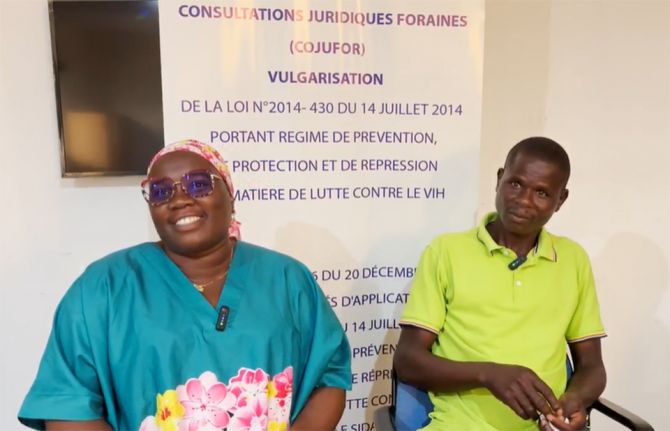
Feature Story
Spotlight on the role of the EU in achieving universal health coverage in Africa
16 October 2012
16 October 2012 16 October 2012
L to R: Dr Jan Paehler, Policy Officer, Health Sector, Directorate General for Development and Cooperation – EuropeAid, European Commission, David Evans, Director of the Department of Health Systems Financing at the World Health Organisation, Jean-Marc Chataigner, Deputy Director General, Global Affairs, Development and Partnerships, French Ministry of Foreign Affairs, Laura Shields, journalist and moderator at the Media Coach, Rosemary Museminali, UNAIDS representative for the African Union, UNAIDS, Stefan Seebacher, Head of the Health Department, International Federation of the Red Cross, and Indu Capoor, Director, Centre for Health Education, Training and Nutrition awareness. Credit : EDD
Global health experts came together to discuss the European Union’s role in supporting low- and middle-income countries to reach universal health coverage at the European Development Days (EDDs) conference. The topic for the two-day conference taking place in Brussels from 16-17 October is “Inclusive and Sustainable Growth for Human Development”.
A high-level panel, entitled "Building a Social Contract for Health", discussed what African countries could do to achieve universal health coverage, and how the EU and other developmental partners could support them.
The EU recognises that health is a right for all and an essential objective within the Millennium Development Goals. However, gaps still remain to actually achieving the goal of universal health coverage. The panel agreed on the need for better coordination, and both technical and financial support to ensure the Right to Health for all.
UNAIDS Representative to the African Union, Rosemary Museminali, stressed during her presentation that, "The new roadmap on shared responsibility and global responsibility endorsed by the Heads of States at the African Union Summit represents a milestone, demonstrating their commitment to source African solutions for the response to HIV, TB and malaria.”
"But Africa still needs international assistance,” she added. “European development partners must reinforce global solidarity and support countries in taking the next steps together."
This debate came during a critical period for Europe, when the EU is considering its role in global health, and many member states are taking decisions on international health aid that could have dire consequences for people in the world’s poorest countries.
The new roadmap on shared responsibility and global responsibility endorsed by the Heads of States at the African Union Summit represents a milestone, demonstrating their commitment to source African solutions for the response to HIV, TB and malaria
UNAIDS Representative to the African Union, Rosemary Museminali
Panellists discussed how the EU, working together with its development partners, could ensure inclusive and equitable growth in low- and middle-income countries through promoting a shared responsibility for universal health coverage in the context of its social protection and global health strategies.
“We need to take into account the country needs and the capacity of the country to deliver services but also the commitment of each country to implement the proposed actions,” said Jan Paehler, Policy Officer, Health Sector, Directorate General for Development and Cooperation – EuropeAid, European Commission. “Our support to countries need to be tailored to the needs of each country.”
Participants also explore the role of civil society organizations (CSO) in ensuring the right to health for all. It was seen critical for these organizations to evolve from its traditional role of holding governments accountable into organizations capable of delivering universal health coverage and social protection. For that, partners such as the EU should “invest more in community capacity development to deliver services to their communities, specially the key populations that are hardest to reach by traditional health systems,” said Stefan Seebacher, Head of the Health Department, International Federation of the Red Cross.
The panel was jointly organised by Action for Global Health, Countdown 2015 Europe, IPPF, Marie Stopes International, Oxfam International, The Red Cross, Stop Aids Alliance and UNAIDS. The panel brought together senior representatives from the European Commission, the French Ministry of Foreign Affairs, the World Health Organization, the International Federation of Red Cross and Red Crescent Societies and the India-based Centre for Health Education, Training and Nutrition Awareness.
Organised by the European Commission, the European Development Days (EDD) is Europe’s premier forum on international affairs and development cooperation. This year, it has brought more than 6 000 people and 1 500 organisations from the development community together under the theme of ‘Supporting inclusive and sustainable growth for human development’.



